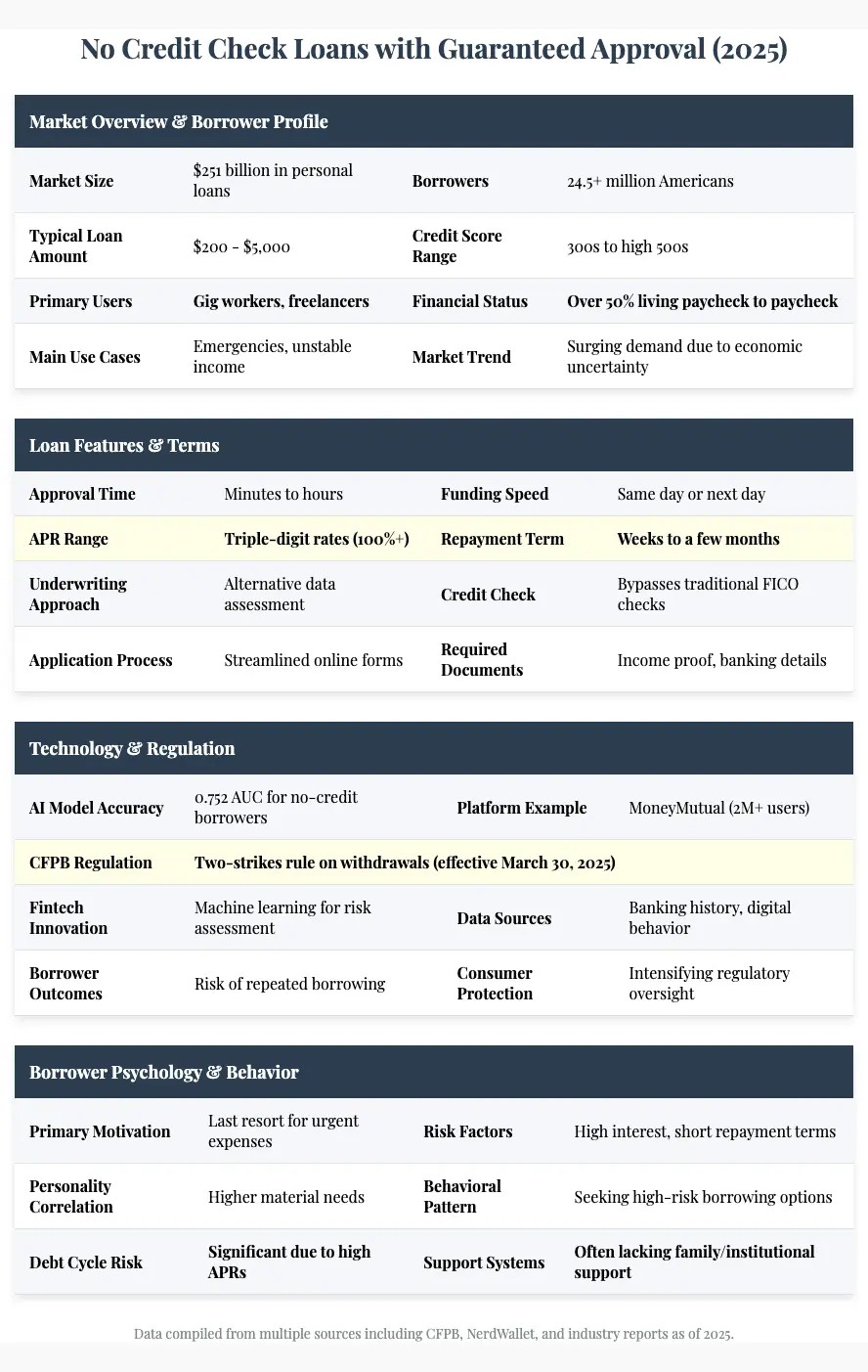Title Loans No Credit Check Guaranteed Approval

Imagine a life where unexpected expenses don't send you spiraling into panic. A world where a sudden car repair or medical bill doesn't mean choosing between necessities. For many, this vision feels like a distant dream, overshadowed by the complexities of credit scores and traditional lending institutions.
At the heart of this perceived financial safety net lies the allure of title loans, often advertised with promises of "no credit check" and "guaranteed approval." But are these claims too good to be true? Let's embark on a journey to explore the reality behind these loans, understand their mechanics, and uncover the potential pitfalls and responsible alternatives that consumers should consider.
The Appeal of Title Loans: A Quick Fix?
Title loans operate by allowing borrowers to use their vehicle's title as collateral for a short-term loan. The amount you can borrow usually depends on the car's value, though lenders often cap the loan at a percentage of this appraised worth.
Unlike traditional loans that heavily weigh credit history, title loans often tout "no credit check" as a primary advantage. This accessibility makes them appealing to individuals with poor credit or those who prefer to avoid credit inquiries.
The advertised "guaranteed approval" further sweetens the deal. This promise implies that as long as you own a vehicle with a clear title, you're virtually assured of receiving the funds you need.
Understanding the Fine Print: How Title Loans Work
While the accessibility and ease of approval are tempting, it's crucial to understand the mechanics of title loans before committing. The process typically involves submitting an application, providing proof of vehicle ownership, and undergoing a quick vehicle appraisal.
Once approved, you receive the loan amount in exchange for temporarily surrendering your vehicle's title to the lender. You regain possession of the title once the loan, including all fees and interest, is fully repaid.
However, the catch lies in the associated costs. Title loans are notorious for their high interest rates, often expressed as an Annual Percentage Rate (APR) that can soar into triple digits.
These exorbitant rates can quickly turn a small loan into a significant financial burden. In addition to interest, lenders may tack on fees for processing, origination, and other services, further inflating the total cost of borrowing.
If you're unable to repay the loan within the agreed-upon timeframe, the lender has the right to repossess your vehicle. This repossession can leave you without transportation and further damage your financial standing.
The Regulatory Landscape: A Patchwork of Laws
The regulation of title loans varies considerably from state to state. Some states have implemented stringent laws to protect consumers from predatory lending practices, including capping interest rates and limiting the number of times a loan can be rolled over.
Other states have more lenient regulations, leaving borrowers vulnerable to excessive fees and potentially trapping them in a cycle of debt. According to the Consumer Financial Protection Bureau (CFPB), the lack of uniform regulations across states creates a challenging environment for both consumers and lenders.
The CFPB continues to monitor the title loan industry and advocate for stronger consumer protections at the federal and state levels.
The Significance of Credit Checks: A Deeper Look
While the absence of a credit check might seem appealing, it's important to understand why lenders typically conduct them. Credit checks provide lenders with valuable insights into a borrower's creditworthiness and ability to repay a loan.
By bypassing this step, title lenders are essentially taking on a higher risk, which they offset by charging higher interest rates and fees. This practice can be particularly detrimental to borrowers who are already struggling financially.
Moreover, avoiding credit checks doesn't necessarily shield you from long-term financial consequences. Defaulting on a title loan can still negatively impact your credit score, even if the initial loan didn't require a credit check.
Responsible Alternatives: Exploring Other Options
Before resorting to a title loan, it's wise to explore alternative solutions that may be more affordable and sustainable. Consider contacting your bank or credit union to inquire about personal loans or lines of credit.
These options typically offer lower interest rates and more flexible repayment terms compared to title loans. Another avenue to explore is credit counseling.
Nonprofit credit counseling agencies can provide you with personalized advice on managing your debt and improving your credit score. You could also consider negotiating with creditors to establish payment plans or seeking assistance from local charities or community organizations that offer financial aid programs.
The Role of Financial Literacy: Empowering Consumers
Ultimately, financial literacy plays a crucial role in helping individuals make informed decisions about borrowing and managing their finances. Understanding the terms and conditions of any loan, including interest rates, fees, and repayment schedules, is essential.
Consumers should also be aware of their rights and protections under state and federal laws. Numerous resources are available to enhance financial literacy, including online courses, workshops, and educational materials provided by government agencies and nonprofit organizations.
Investing time in learning about personal finance can empower you to make sound financial choices and avoid falling prey to predatory lending practices.
The Human Element: Stories from the Front Lines
Beyond the statistics and regulations, the true impact of title loans is felt in the lives of individuals and families. Sarah's story serves as a stark reminder of the potential pitfalls.
Sarah, a single mother, took out a title loan to cover an unexpected medical bill. Despite her best efforts, she struggled to keep up with the high interest payments and eventually lost her car to repossession.
Without transportation, Sarah lost her job and faced immense financial hardship. Her story underscores the importance of caution and careful consideration before taking out a title loan.
Conversely, David's experience highlights the value of responsible borrowing and financial planning. David faced a similar situation but instead explored various options before deciding on a personal loan with a lower interest rate and manageable repayment terms.
He also sought advice from a credit counselor who helped him create a budget and improve his credit score. David's story demonstrates that with careful planning and informed decision-making, individuals can overcome financial challenges without resorting to risky borrowing practices.
Conclusion: A Path to Financial Well-being
The allure of "title loans no credit check guaranteed approval" is undeniable, especially when facing urgent financial needs. However, it's crucial to approach these loans with caution and a clear understanding of the associated risks.
While they may seem like a quick fix, the high interest rates and potential for repossession can quickly lead to a cycle of debt and financial hardship. By exploring responsible alternatives, seeking financial guidance, and prioritizing financial literacy, individuals can pave a path toward long-term financial well-being.
The dream of a life free from financial worry is attainable, but it requires informed decision-making, careful planning, and a commitment to responsible borrowing practices. Let's strive to empower ourselves and others with the knowledge and resources needed to navigate the complex world of finance and build a more secure future.





